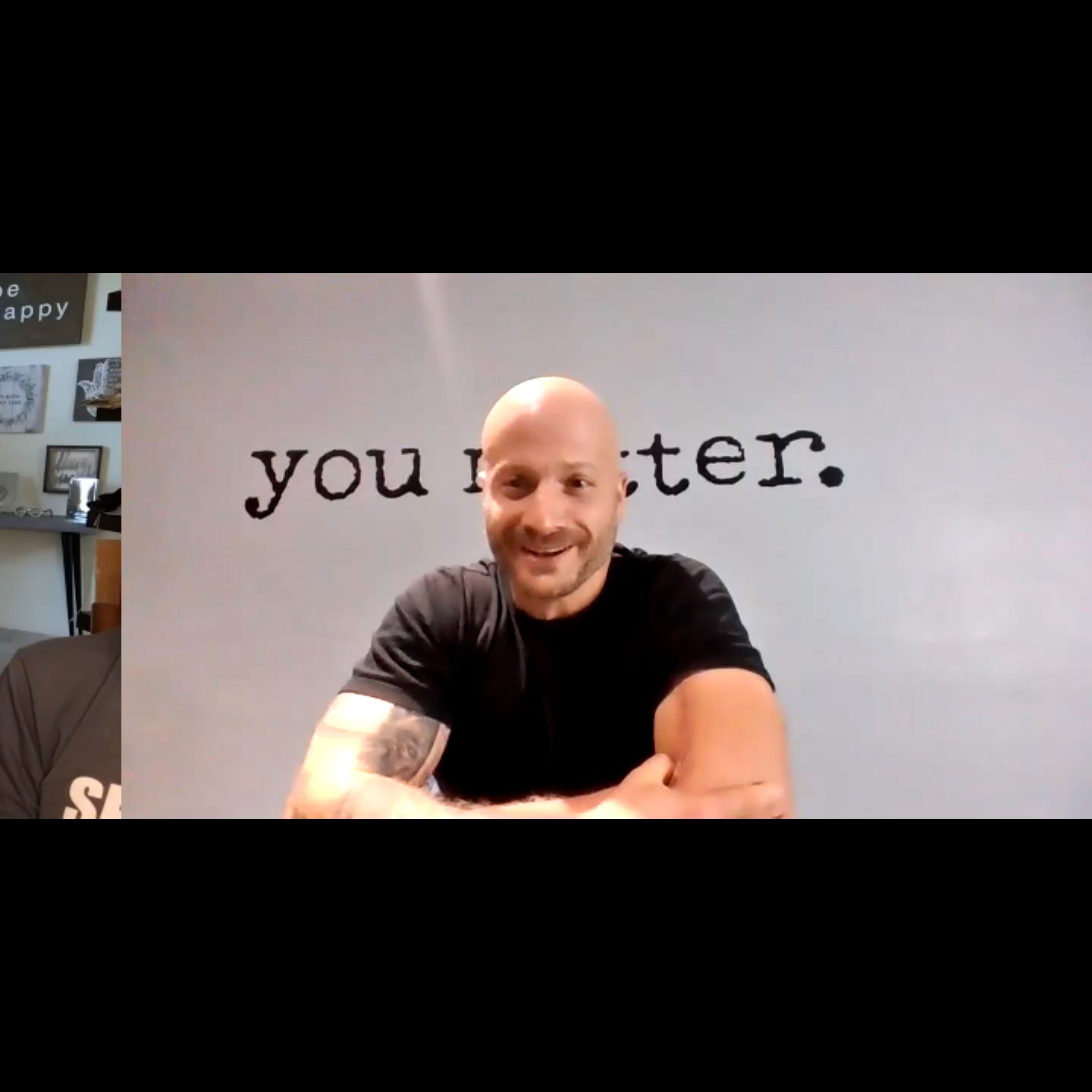On May 13th and 14th, the Elaine Breslow Institute at Beit T’Shuvah hosted its inaugural virtual conference, Connections: Lost & Found, with keynote speaker and renowned author Johann Hari. This two-day interactive conference highlighted the importance of connection as a path toward recovery and wholeness and included about 200 participants including clinicians, spiritual leaders, community members, and BTS residents. From lectures to immersive breakout rooms, attendees witnessed the healing power of connection as a way to integrate our ‘roles’ and our ‘souls.’ Leading the closing remarks, Josh Fingerhut shared his story with all as a source of ultimate connection. Josh now shares his reflections about Johann Hari’s message and his insights on the healing power of connection:
This is such a trip. Just over three years ago, I was hunched over my desk, poking my arms with dull syringes trying desperately to find a vein so that I could find that sweet taste of escapism and dopamine rush. I was broke and broken. I was a cruel joke. I was a parody of myself, the youthful and bright boy who had all the potential to fulfill his dreams and instead became trapped in the vicious cycle of addiction. I had moved to LA to pursue my dreams as an artist, and I had failed. I wasn’t creating anything, only destroying – my spirit, body, and mind, not to mention all my relationships.
Today, I coach boxing. I am a growing and thriving artist. I am in grad school getting a master’s degree in psychology. That’s the difference that 40 months can make. 40 MONTHS. What the eff? That’s insane to think about. But the trippiest thing about this wild ride into recovery isn’t necessarily about all the achievements I’m making – sure they are wonderful, and I’m deeply proud of them – but the thing I cherish the most is my spiritual growth as well as my general happiness. Sure, I have problems, but honestly, they are non-alcoholic champagne problems. Instead of drug dealers pointing loaded guns at my head, I am more concerned about how I’m going to fit in two photoshoots into the weekend while also having grad school, training a few boxing clients, and having time for social engagements in the evening. See what I mean?
So, what’s the difference between meth Josh and recovery Josh? Well, as Johann Hari talked about, my medicine for my depression changed. I struggle with depression and anxiety. I mean, the world can be scary, and there are monsters under the bed and global pandemics and racism, etc. So, meth was my anti-depressant. And it worked! Like, woah. It WORKED. Fast-acting, instant relief from my pain…. however, it just wasn’t sustainable (not to mention it was driving me crazy with the whole no sleep thing). Johann Hari talks about sustainable antidepressants in being part of communities, in being valued and validated and seen and contributing to something greater than oneself. I get those things now. I get to be a part of numerous communities that fill me with purpose and drive. Recovery, when done right, is a sustainable form of medicine for depression and anxiety and one that won’t run out or need a prescription filled by big pharma. It just takes a little longer to kick in, but it’s worth it.
And for whoever needs to hear this, Beit T’Shuvah was the first community in my new life that gave me the life I have today. If you are a member here, embrace this holy space of misfits, maniacs, and mensches. Let this be the first community in your new life that will allow you to find connection and purpose wherever your road takes you.
If you were moved by the story above, please consider making a donation to Beit T’Shuvah today to help ensure the life-saving work we do continues. Every dollar makes a difference. You can make a donation by going to https://beittshuvah.org/support/donate/ or emailing our development department at development@beittshuvah.org
Learn more about EBI at https://www.btsinstitute.org/
